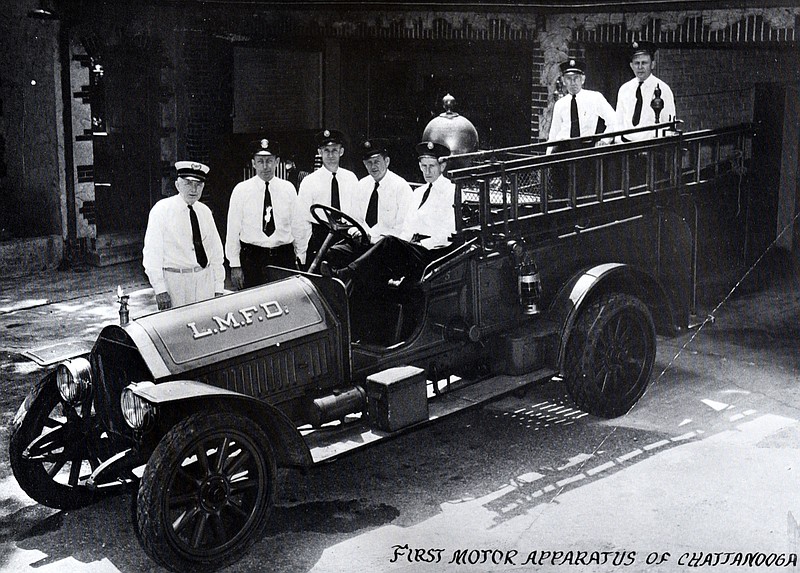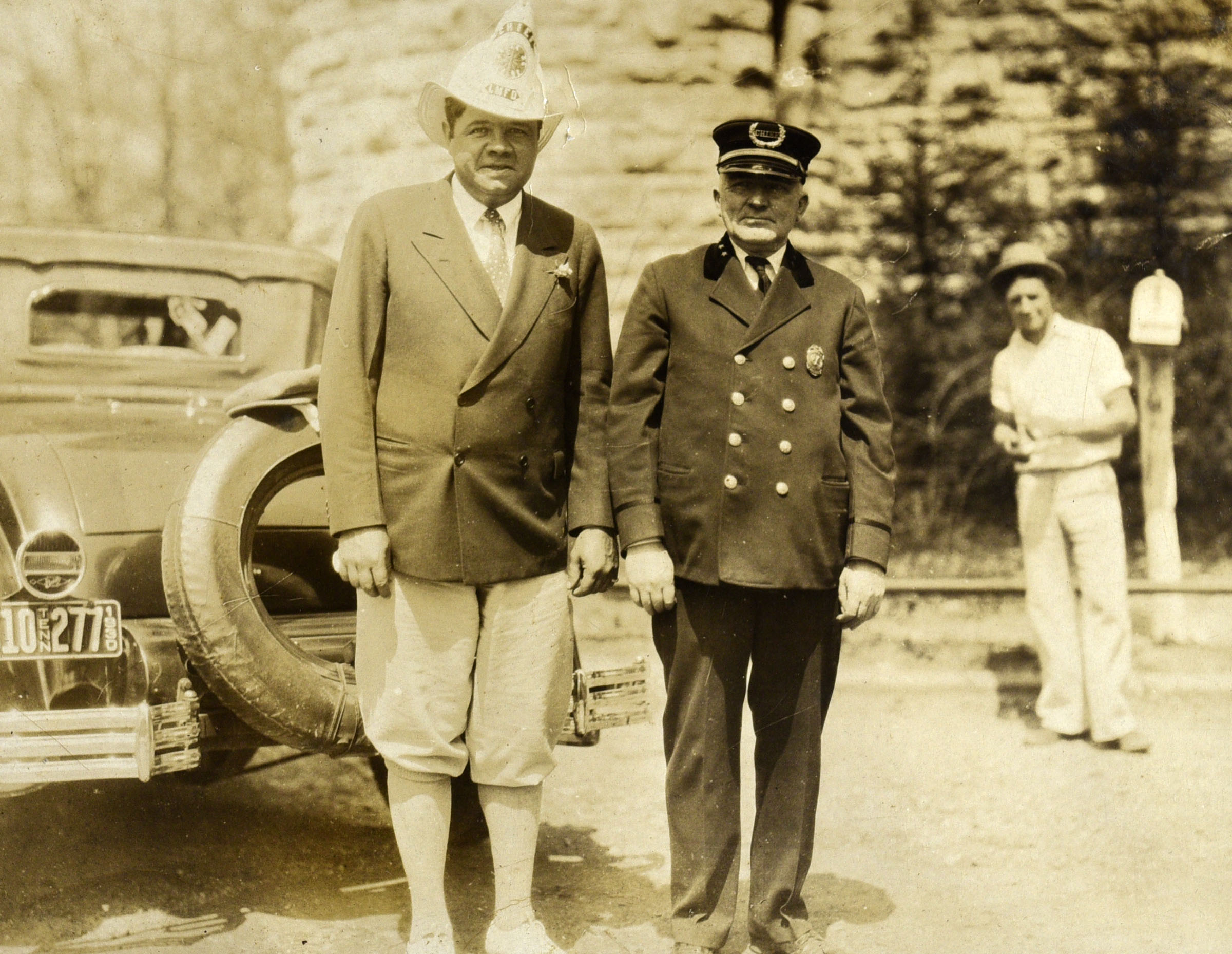A 72-year-old releasing his debut album is newsworthy enough, but when the actual recording was done 37 years ago and is just now becoming available to the public, it's a little different.
How it has all come to be is a story unto itself, worthy of its own country song, or even a movie. Who wouldn't watch a movie about a redneck hippie outlaw country music singer who put his dream on hold after being sentenced to prison and then later caring for his ailing mother only to have it revived by someone he hasn't seen in 35 years?
Billy Stoner says he couldn't make up the stuff that has happened to him.
"I'm the most surprised of anybody," he says of the June 16 release of the self-titled album he recorded back in 1980 in Massachusetts.
"I thought I would die before anything came of it. It's blowing me away."
Stoner has soul singer Jemima James to thank for his record finally coming to light. She sang backup on a couple of tracks ("Lookout Mountain" and "Lordy Lordy") in that long-ago recording session. Two years ago, from her home on Martha's Vineyard, she got on the internet and began searching for the singer/songwriter who had made such an impression on her back in 1980.
"His music is just good," James says. "It cuts through everything, and he writes about real human stories."
Stoner recorded the album at a studio that was part of the 180-acre Long View Farm in North Brookfield, Mass. They are stories of his life, delivered in a folksy, country-shuffle style. "Lookout Mountain," for example, is about his family's long history there.
Stoner went to Long View at the request of Jack Cheer, an old friend and former roadie turned producer. Cheer was dating James' sister, and he had worked a deal where James could trade cooking and cleaning duties for studio time to record her own music.
It was a communal atmosphere where people stayed on the grounds while recording and everybody helped each other and played on each other's songs.
"It was a great setup," Stoner says. "You never had to leave. They imported Lone Star beer for me while I was there."
Arlo Guthrie's band was also recording in the studio at the time, and several of the musicians sat in on some of the Stoner sessions.
"They were staying in the other house, and they just fell in love with [Stoner's music] like I did," James recalls.
The dream was put on hold, however, after Stoner was arrested and sent to federal prison on a drug charge. A few years after getting out, he returned here to take care of his mother. Though he played in a few local bars, he says fans here were more into listening to cover bands and he didn't want to play other people's music.
Stoner's family has lived in Lookout Mountain, Tenn., for three generations. Grandfather Bill Stoner was the police chief. He was also the tax collector and put out fires when called upon. The space where Stoner resides was used as the temporary fire hall while a new one was being built years ago. A newer one has since replaced that one as well.
After graduating from City High School in 1963, Stoner started school at the University of Chattanooga, now UTC, on a "tentative" basketball scholarship.
"It was tentative on my making the team and me making the grades," he says.
Unsuccessful on both attempts, he headed to Atlanta where he attended truck-driving school. That job took him to California, "where I learned to be a hippie. They grow peyote in California."
He'd always loved music, having been a member of the Chattanooga Boys Choir as a youth, and soon discovered he also liked drugs, both of which drew him to Austin, Texas, for the first time in the late '60s. By the early '70s, Stoner was part of the developing outlaw country music scene in Austin, rubbing elbows with guys like Waylon Jennings, Willie Nelson, Jerry Jeff Walker, Billy Joe Shaver, Townes Van Zandt and Guy Clark.
You hear their influences in his music.
He was an extra in Nelson's 1980 movie, "Honeysuckle Rose." Earlier, when Nashville started visiting Austin looking for new talent, he contributed the line "Don't do the crime if you can't do the time" to the song "Keep Your Eye on the Sparrow," the "Baretta" TV show theme.
"I didn't write it," he points out. "It's an old line, but they liked it."
Stoner was part of the Austin music scene, fronting the popular Plum Nelly Band. They won the Kerrville (Texas) Folk Festival in 1973 and headlined the event for three straight years.
"Plum Nelly had a great following," Stoner says. "We weren't the star, but we were very well known. When Willie and the big stars came, we were the opening act for most of them."
This was Austin before it became the hip music mecca it is today, but for a self-described redneck hippie like Stoner, it was a lively place.
"The cowboys started to come see Willie, so you'd have hippies and cowboys mingling. It was a mix of cultural things."
These were not necessarily your peace-loving hippies either, he says.
"In Austin, we'd walk down the street, and they would throw rocks at you and want to fight. Only trouble with that was I was a redneck. If they wanted to fight, I'd fight them. In Texas, hippies weren't the non-violent types. They'd fight you. And win."
Stoner lived in Houston and Boston for a few years in the late '70s before heading to North Brookfield, about 70 miles west of Boston, to record the album.
After the recording session, he returned to Texas to sell drugs to help fund the printing and release of the nine-song album. That's when he was busted. He was sentenced to 37 months in Big Spring federal penitentiary.
"I'm not proud of it," he says.
He was sent there along with several other musicians and industry people who were arrested for drugs at the time. It was a fairly low-security prison.
"You could leave any time. They'd even call a cab for you. Course, they'd issue a warrant right away too," Stoner says with a laugh.
Several of the prisoners started a band to pass the time and got so good the warden started booking them around the state, believing it to be good publicity for the penal system.
"We were called the Austin Fall Stars," he says. "We spent more time outside the prison than in it."
As part of his parole, Stoner couldn't leave the state for several years after his release, but by the time his mother got sick in 1990, he was able to come home to care for her.
He hauled freight cross-country for a bit, until his mother got sicker, and he got a job driving a truck locally. The recording master tapes stayed on the shelf until James tracked him down.
She helped get him and the tapes to the Center for Popular Music at Middle Tennessee State University, which has a program capable of cleaning and restoring old tapes. In exchange for loaning them the tapes for their research, they cleaned and restored them where necessary and made a digital copy, which Team Love Records used to produce CDs.
"They [MTSU] have quite a program where they clean it and bake it inch by inch," Stoner says.
Stoner is a little overwhelmed at the turn of events. He's been writing and recording on an eight-track player for years. He says he's looking to play out some, but he'd really like it if one of his songs was recorded by another artist.
"I would like to see some mailbox money if it comes, but that's not why I did it. It was never the money to start with. I'm old and tired, but I would like to be remembered so my whole life doesn't fly by with nothing to show for it."
Contact Barry Courter at bcourter@timesfree press.com or 423-757-6354.

